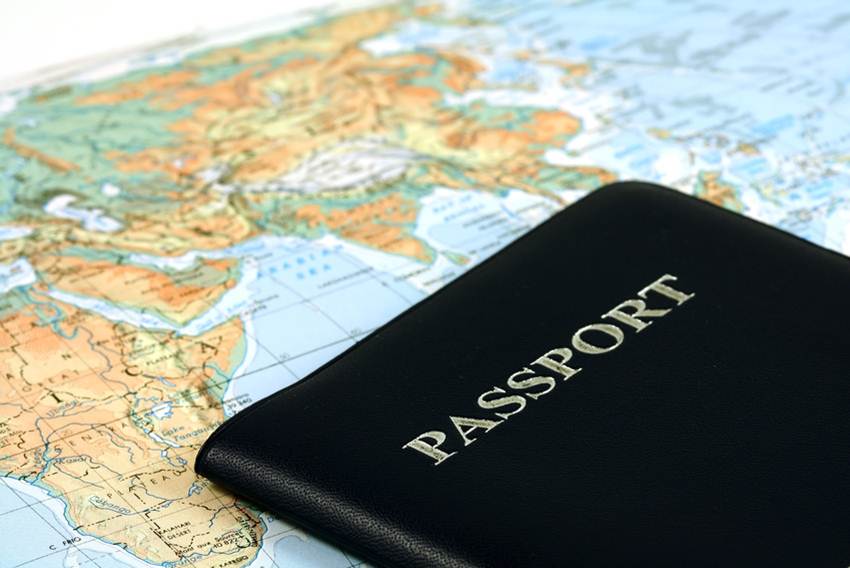Before I traveled to India I did not know what the word Namaste meant. If you were like me, then the definition for this word may also escape you. Namaste is an Indian (Hindi) word which means to “welcome someone from your heart”. If someone greets you with Namaste in India, it will also include a slight downward head nod, and usually a gesture from their hands in the shape of a triangle, with palms pressed together and brought close to the chest. This is all a sign of respect, warmth and friendly hospitality “welcoming you from the heart.”
From my trip to India, I have warm feelings about the people and places I visited. Over the course of two-weeks I traveled to 8 different cities throughout India; including Hyderabad, Ahmadabad, Visakhapatnam, Mumbai, Bangalore, Chennai, Agra, and Delhi. India will have a special place in my heart for the rest of my life.
I share all of this with you, because five years ago I would never have pictured myself traveling the world, much less to India. The opportunity for traveling internationally has been one of the most important and transformational experiences I have had in my life. God has used these experiences to reveal a great deal to me about His purpose for my life, His love for this world, and a great deal more about people, perspective, places and culture.

I mentioned in a previous post about perspective, or looking at something from a different angle or point of view. For the young person, the college student, or really the lifelong learner, this is an important truth. We must constantly look with fresh eyes and perspective at life. International Travel is one of those perspective changing experiences!
A few years ago, one of my very good friends Josiah Hart (who coincidently is from Mumbai, India), shared with me the following excerpt from Henry Rollins:
“I beg young people to travel. If you don’t have a passport, get one. Take a summer, get a backpack and go to Delhi, go to Bangkok, go to Kenya. Have your mind blown, eat interesting food, dig some interesting people, have an adventure, be careful. Come back and you’re going to see your President differently, no matter who it is. Music, culture, food, water. Your showers will become shorter. You’re going to get a sense of what globalization looks like. You’re going to see that global climate change is very real. And that for some people, their day consists of walking 12 miles for four buckets of water. And so there are lessons that you can’t get out of a book that are waiting for you at the other end of that flight. A lot of people – Americans and Europeans – come back and go, “ohhhhh.” And the lightbulb goes on.”
So, if you have not traveled internationally (especially to a developing country), it’s time to make it happen. As a college student, this is even more important! You need to get overseas to serve, see what God has for you, and experience life on the other side of the world. You need to have your mind blown!
![]()
The Dharavi slum of Mumbai is one of the largest slums in the world, it is a multi-cultural and multi-religious home for more that 1 million residents whom live in an area that is no bigger that 1 square mile. Today, I had the opportunity to visit the Dharavi area where I spent a few hours walking through the streets to learn about life in the slum.
From my time, I learned a valuable lesson on perspective which I would like to share. Perspective is a particular attitude towards or way of regarding something. Also known as a “point of view”.
First, we may consider the definition of a slum in “negative” term, to the Indian this is not necessarily the case. To the residents of Dharavi, the slum is “home“. During my visit I walked through countless isles of houses, businesses, markets and schools. The Dharavi has a bustling economy which supports the many families and people groups there. I met many wonderfully amazing people in the Dharavi slum, each who desire to live a good and honest life. I was struck by the friendliness and hospitable demeanor of the people living in the Dharavi slum.
Second, I have learned that while we may define things in different ways, such as what is “home”, it is important to always keep an open mind. The Dharavi slum was not by my definition a “home”. I learned that not only do we need to be able to empathize with others, but we need to keep an open mind to listen and often times learn valuable information that our perspective may be lacking. Before visiting the Dharavi today, I may have assumed that everyone living there was either a criminal or in destitute (there is indeed both present here). However, today I learned there are really good people living life the best way they know how in the Dharavi slum.
Remember — There are things we know, and things we don’t know. There are also things we don’t know that we don’t know, and also things that we think we know, that just aren’t true. Keep an open mind, keep asking questions, suspend immediate judgment, and keep changing the way you look at situations. Keep a fresh perspective.
![]()

